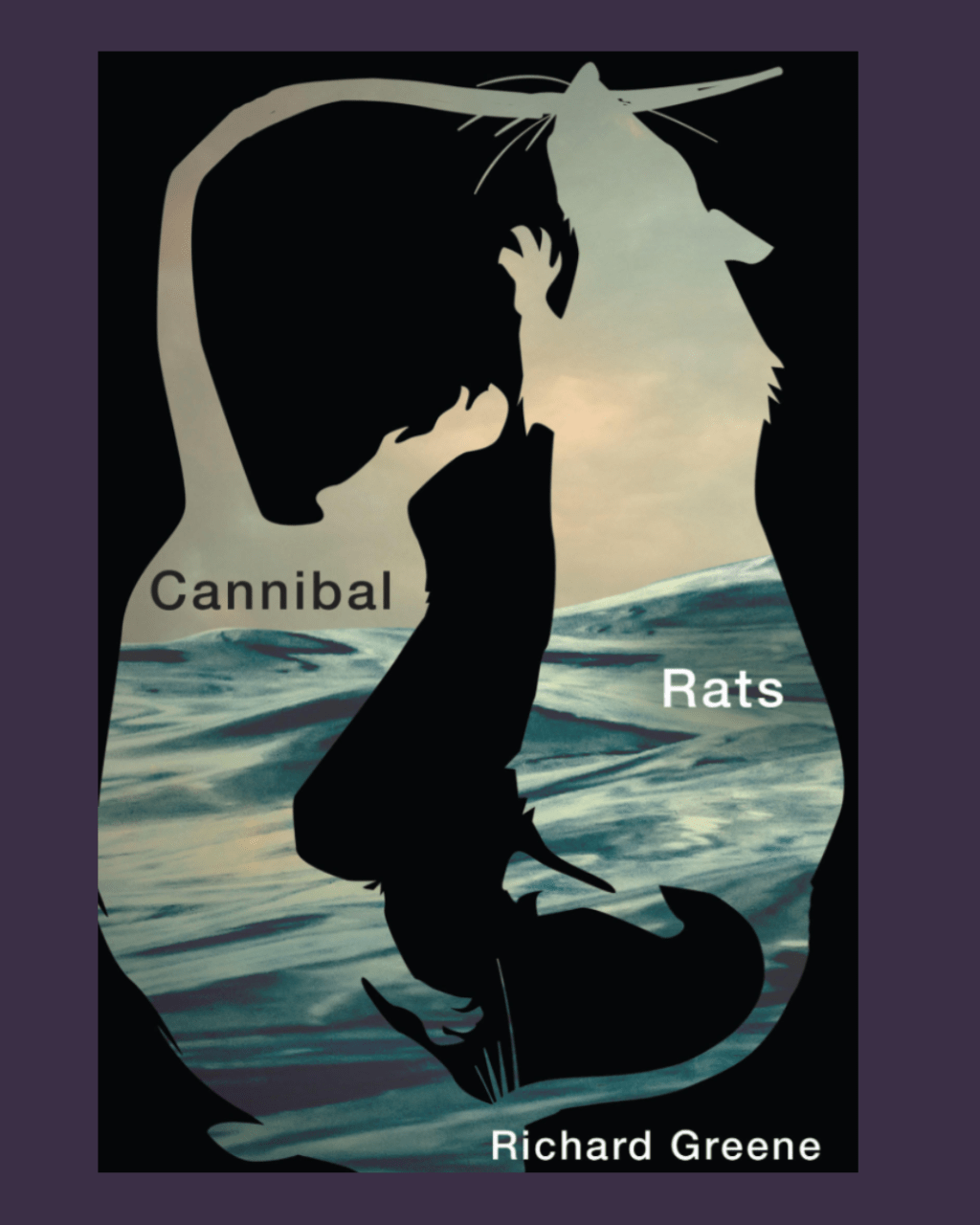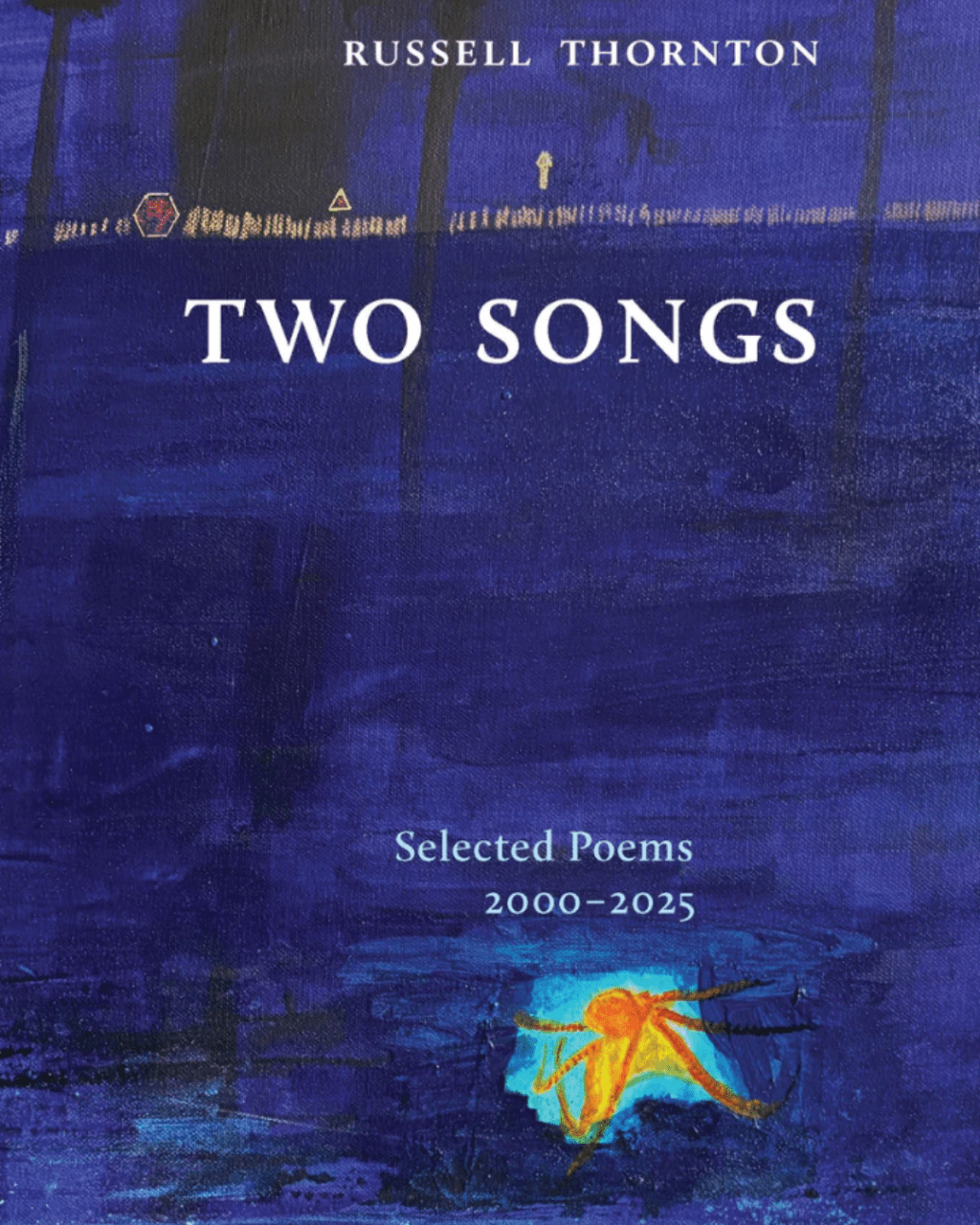lovingly reviewed by rob mclennan

The second full-length poetry title by Montreal poet Domenica Martinello, following All Day I Dream About Sirens (Coach House Books, 2019), is Good Want (Coach House Books, 2024), a collection that immediately opens with quotations by American poet Mary Ruefle and New Zealand poet Hera Lindsay Bird, with a further reference within to American poet Dorothea Lasky, all of whom are well known for working variations on Martinello’s similar engagements with a first-person lyric tautness of swagger and pop culture confidence. “Inside my body was a strawberry / stain. Sturdy and sweet,” Martinello writes, to open “SOLSTICE,” “then suddenly / squelched. I choked out everything // that one populated my life. / Summer had no curfew. Flowers died, / public pools dried up and were used // differently.”
There’s an echo of Toronto poet Lynn Crosbie’s work here as well, although Martinello’s poems appear to aim for more compact and even straightforward lyric sentences across such potential emotional or narrative messiness. The structures of these poems are bone-tight, even within the bounds of such expressive narrative gestures. “Snapshot: gold ring in the mud underneath the old deck. // The house sold,” she writes, to open the poem “BAD EYE,” “their tall blond children fled. I once coveted // a ring from one of them, muscular and goofy, all smile, no bite. // He swallowed my contact lenses in a glass on the nightstand, // fell in love as I pegged him on his childhood bed.” Martinello’s poems in Good Want offer an oratory, a lyric less of performance than as preached from only slightly above, writing her sharp strikes, crafted lines and disorienting wisdoms clear-eyed and gestural; hers is a craft that is obvious, of carved and burnished steel.
Structured in four numbered clusters of lyrics, the poems in Good Want articulate a longing that includes revealing itself through prayer, searching and stretching out in an invocation for virtue or salvation, depending on the situation. “I thought there’d be a film,” she writes, as part of the three-page “LITTLE LIGHT,” “some protective coating. // Yet I stand in my life, / a raw sunburned nerve.” Further on, writing: “Every day I settle // for the public / playground / where I escape / and manifest.” In the subsequent poem, “SILENT RETREAT,” writing: “Between then and today // there’s a bridge.” Martinello offers a tight lyric of flailing across dark paths, incompleteness, seeking out the best mechanisms for survival through and out the other end of what young adulthood and its environs are supposed to look like. “The dream of a future in which we / refuse to show up empty-handed. Bright and primal,” she offers, to close the two-page “WE KEEP SUNLIGHT IN THE BASEMENT,” “this fear // for tomorrow, faith in a world / in which someone will need // the small comfort of washing a dish.”
Within a realm of agency, sexuality, growing up and echoes of childhood, Martinello writes of youthful dalliance and experiences, such as the landscape of the longer “ON THE DAY MARY OLIVER DIED,” that includes such elements as “yes this is where I decide to go / to period town /seater tied around my waist // next to my best friend who I miss / just far enough away,” and “once my high school boyfriend told me / the more beautiful a sunset the more likely / we’d all die of smog poisoning / I thought he was sooooo smart / and then he paid for our pad thai [.]”
There is a way that these poems work to navigate through all that came before for the sake of all that might lay ahead, crafted first-person situations that include descriptions of economic precarity, elements of which echo earlier collections around the small town reminiscences of Kayla Czaga’s For Your Safety Please Hold On (Nightwood Editions, 2014), andrea bennett’s Canoodlers (Gibsons BC: Nightwood Editions, 2014) and even Elizabeth Bachinsky’s Home of Sudden Service (Gibsons BC: Nightwood Editions, 2006). It is as though through working these recollections, whether recent or further afield, the narrator of Martinello’s poems might reveal some new element, to provide fresh insight or reprieve, such as this poem around her mother’s pregnancy, “I TURN THIRTY FAR FROM THE COAST,” that includes: “When I think of generosity, / I see its slow pace. // Blankets in a dim room / rising quietly, dough under a cloth.” These are poems that contain such tensions, delicately crafted and finely-tuned chaos as it shapes into reason. Or, the five-page poem “THE HORSES EAT APPLES,” that includes:
Eat the whole bag
It’s called investing in yourself
I must take this risk
Indulge my selfishness
Allow myself this badness
Protect the hoard of fruit flies
swimming up from the drainpipe
I can’t explain it, just trust me
It is better to live without shame
and I instantly regret it

rob mclennan lives in Ottawa, where he is full-time with the wee girls he shares with writer Christine McNair. His collection of short stories, On Beauty (University of Alberta Press), will appear in August 2024. His next poetry collection is the book of sentences with University of Calgary Press, the second in a suite of collections that began with the book of smaller (University of Calgary Press, 2022). He edits the chapbook press above/ground press and the online journal periodicities : a journal of poetry and poetics, among other schemes.



